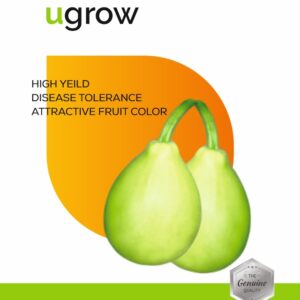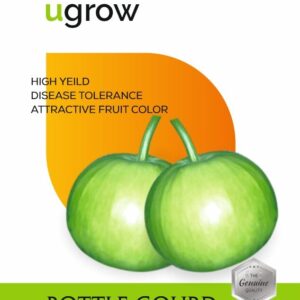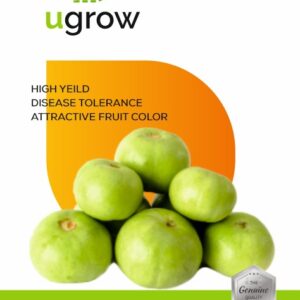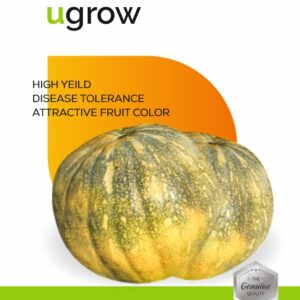Chili peppers, also known as hot peppers, are popular plants grown for their spicy fruits. Here’s a general guide on how to grow chili peppers:
Growing Conditions:
- Sunlight:
- Chili peppers thrive in full sunlight. Plant them in an area that receives at least 6 to 8 hours of direct sunlight daily.
- Soil:
- Well-draining soil is essential for chili peppers. They prefer a slightly acidic to neutral soil with good fertility.
- Watering:
- Keep the soil consistently moist but not waterlogged. Allow the top inch of soil to dry out between watering. Chili peppers generally prefer regular and even watering.
- Temperature:
- Chili peppers are warm-season crops. Plant them after the last expected frost date in your region. They prefer temperatures between 70°F and 90°F (21°C to 32°C).
Planting:
- Seeds:
- Start chili pepper seeds indoors 6-8 weeks before the last expected frost. Transplant the seedlings into the garden or containers once the soil has warmed.
- Transplanting:
- Transplant the seedlings carefully, maintaining the root ball integrity. If growing in containers, choose a well-draining potting mix.
Care Tips:
- Spacing:
- Space chili pepper plants according to their mature size, usually around 12 to 18 inches apart. Proper spacing allows for good air circulation.
- Fertilizing:
- Use a balanced, all-purpose fertilizer at the time of planting. Side-dress with fertilizer when the plants start flowering and again when the first fruits appear.
- Support:
- Some chili pepper varieties may benefit from staking or caging, especially if the fruits are large and heavy. Provide support to prevent breakage.
Pests and Diseases:
- Watch for common pests like aphids, spider mites, and pepper weevils. Use insecticidal soap or neem oil to control pests. Keep an eye out for diseases such as bacterial spot and powdery mildew.
Harvesting:
- Timing:
- Harvest chili peppers when they have reached the desired size and color. Most varieties will change color as they mature.
- Technique:
- Use pruning shears or scissors to cut the peppers from the plant. Harvest regularly to encourage continuous production.
Varieties:
- There are numerous chili pepper varieties with different heat levels and flavors. Some popular varieties include Jalapeño, Habanero, Serrano, and Cayenne.
Growing chili peppers can be a rewarding experience, and the level of heat can be adjusted based on the variety you choose. Remember that handling chili peppers, especially hot varieties, may require precautions such as wearing gloves to avoid skin irritation from the oils.















Reviews
There are no reviews yet.